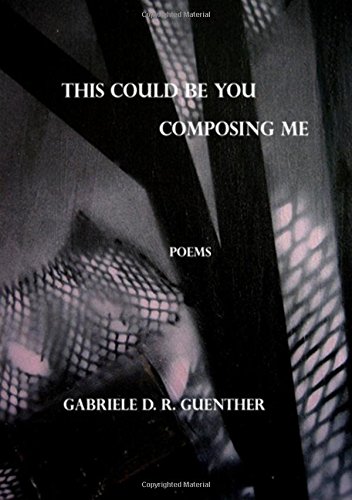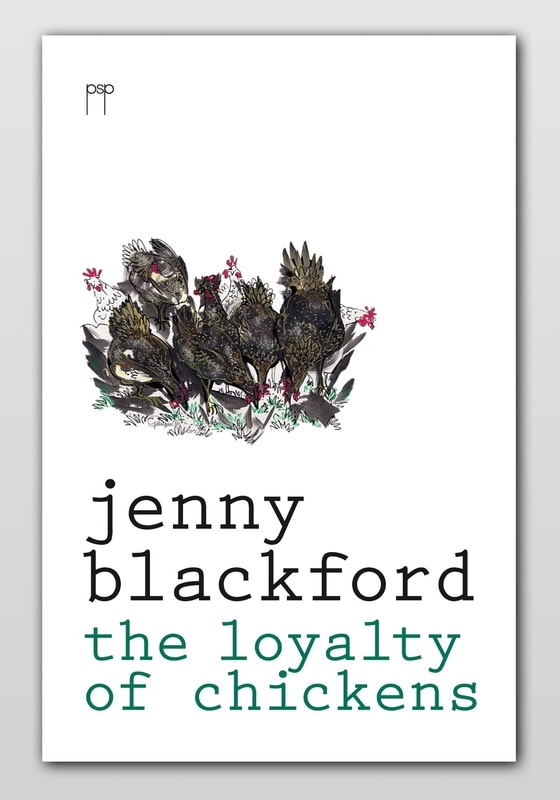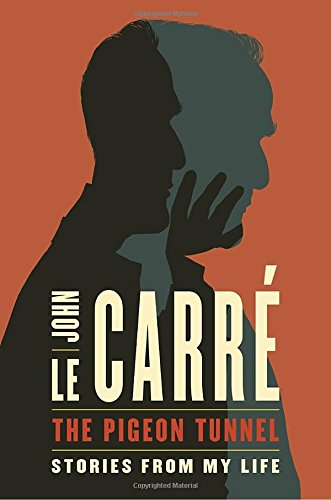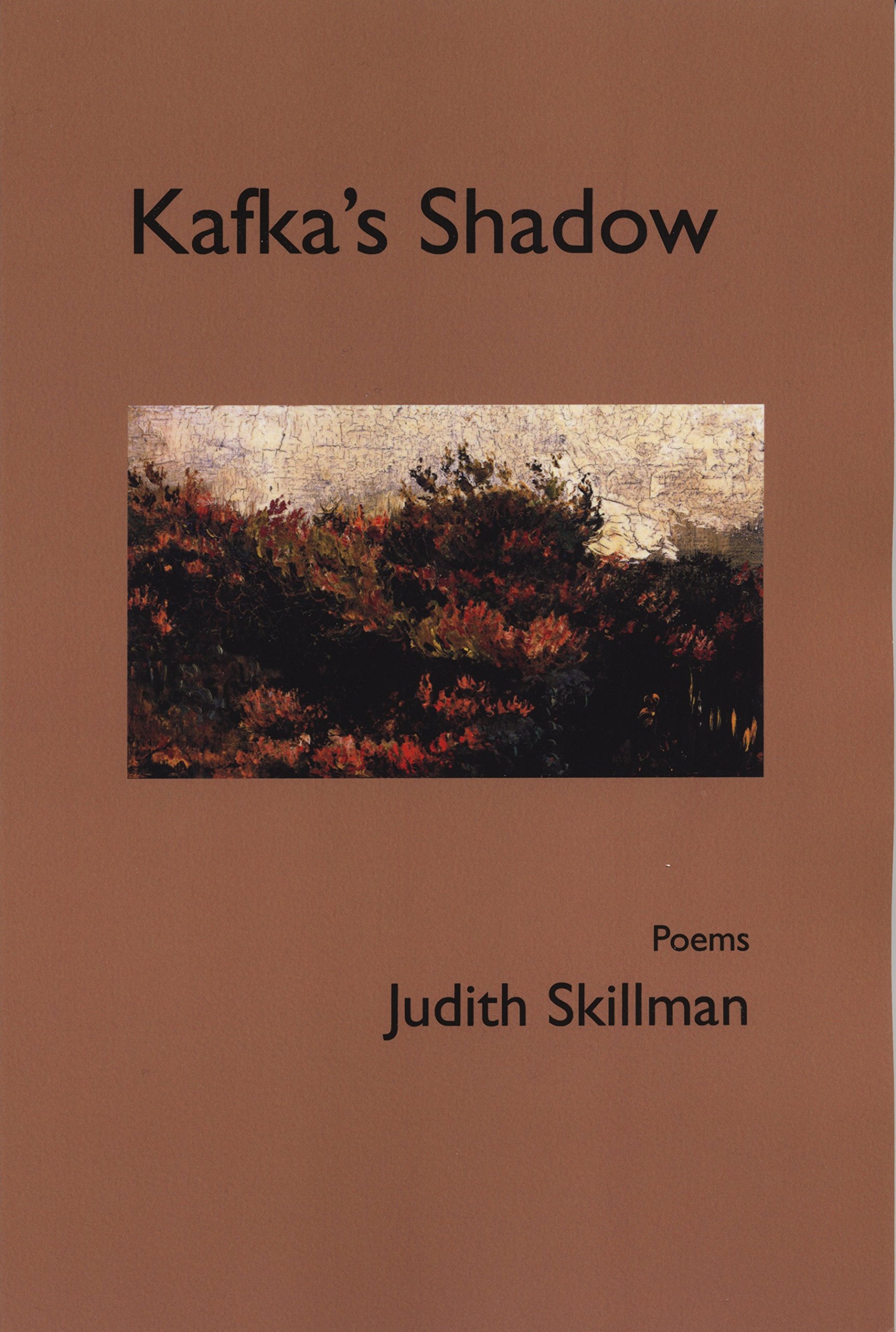 The story itself is a fascinating one with themes very relevant to modern readers: the impact of colonisation, racism, cruelty and social inequality, as well as love, hunger, and the desire for meaning and self-actualisation. Johnson is a natural storyteller, providing narrative context in between each of the poems. However the real heart of the collection is the poetry, which goes deeper than scholarship would otherwise allow. Johnson puts the reader right into the moment of experience, using language that is both harrowing and wry.
The story itself is a fascinating one with themes very relevant to modern readers: the impact of colonisation, racism, cruelty and social inequality, as well as love, hunger, and the desire for meaning and self-actualisation. Johnson is a natural storyteller, providing narrative context in between each of the poems. However the real heart of the collection is the poetry, which goes deeper than scholarship would otherwise allow. Johnson puts the reader right into the moment of experience, using language that is both harrowing and wry.
A review of Something You Once Told Me by Barry Stewart Hunter
 Trains and boats and planes – modes of transport abound in Barry Stewart Hunter’s interestingly varied collection of short stories, although the people they convey are seldom up to speed with their own lives. Persons in transit and the mental dislocations they experience are a recurring motif; thematically, however, there is a great deal more going on, much of which is intriguingly elusive.
Trains and boats and planes – modes of transport abound in Barry Stewart Hunter’s interestingly varied collection of short stories, although the people they convey are seldom up to speed with their own lives. Persons in transit and the mental dislocations they experience are a recurring motif; thematically, however, there is a great deal more going on, much of which is intriguingly elusive.
Essential Eviscerations: A review of This Could Be You Composing Me by Gabriele D.R. Guenther
 There is a stark, necessary brutality to these poems, and so many wonderful, poignant lines that one is tempted to quote continuously in an effort to impress upon readers the importance of this work. Therefore the best recommendation is to read it whole, in its entirety, to absorb its authentic reflections and stunning phrases and to reap the rewards of personal insight and possibly even enlightenment.
There is a stark, necessary brutality to these poems, and so many wonderful, poignant lines that one is tempted to quote continuously in an effort to impress upon readers the importance of this work. Therefore the best recommendation is to read it whole, in its entirety, to absorb its authentic reflections and stunning phrases and to reap the rewards of personal insight and possibly even enlightenment.
An interview with Tom Keneally
 Keneally is a veritable storyteller and one that remains his earnest, candid self throughout our exchange. Perhaps his shirt-of-the-back affability could be traced back to his modest beginnings in working-class Kempsey, on the state’s mid-north coast. The author is still very proud of the place he grew up in, confiding, ‘I came from a working class family and came from terrific and noble people, nobler than those that sniff at the working class now.’
Keneally is a veritable storyteller and one that remains his earnest, candid self throughout our exchange. Perhaps his shirt-of-the-back affability could be traced back to his modest beginnings in working-class Kempsey, on the state’s mid-north coast. The author is still very proud of the place he grew up in, confiding, ‘I came from a working class family and came from terrific and noble people, nobler than those that sniff at the working class now.’
A review of Anna Karenina by Leo Tolstoy
 Anna Karenina is a novel that beguiles and intrigues. The world it depicts and dissects remains fascinating in itself. Its characters are among the most memorable ever created. And the targets and outward forms of social disapproval may be different now to what they were then, but they nevertheless exist. The world is still an awfully harsh place to those who step out of line or who cannot enter into prescribed ways of thinking and feeling.
Anna Karenina is a novel that beguiles and intrigues. The world it depicts and dissects remains fascinating in itself. Its characters are among the most memorable ever created. And the targets and outward forms of social disapproval may be different now to what they were then, but they nevertheless exist. The world is still an awfully harsh place to those who step out of line or who cannot enter into prescribed ways of thinking and feeling.
A review of In Hubble’s Shadow by Carol Smallwood
 What’s interesting in all of Smallwood’s work is how she manages to put together myriad disparities to create a whole. Thematically, these poems are drawn together by the overarching concept of exploration of the universe, but the poems themselves are as diverse and disparate as poems from different authors.
What’s interesting in all of Smallwood’s work is how she manages to put together myriad disparities to create a whole. Thematically, these poems are drawn together by the overarching concept of exploration of the universe, but the poems themselves are as diverse and disparate as poems from different authors.
A review of The Loyalty of Chickens by Jenny Blackford
 It’s rare to come across a collection that is suitable for such a broad age range, and yet Blackford, something of a literary jill-of-all-trades, manages it perfectly. Though her poems are lighthearted, often exploring the secret and not so secret world of animals and other aspects of nature, they are anything but facile. Often there is a dark heart, or a rich philosophical exploration of the nature of psychology, history and mythology.
It’s rare to come across a collection that is suitable for such a broad age range, and yet Blackford, something of a literary jill-of-all-trades, manages it perfectly. Though her poems are lighthearted, often exploring the secret and not so secret world of animals and other aspects of nature, they are anything but facile. Often there is a dark heart, or a rich philosophical exploration of the nature of psychology, history and mythology.
An interview with Anurag Minus Verma
 The author of Love in the Time of Pokemon talks about his new poetry book and its unusual title, why he writes, his unusual writing habits, the authors who inspire him and his desert island books, advice for new writers, and more.
The author of Love in the Time of Pokemon talks about his new poetry book and its unusual title, why he writes, his unusual writing habits, the authors who inspire him and his desert island books, advice for new writers, and more.
Behind the Scenes with the Master of Espionage Thrillers: A review of The Pigeon Tunnel by John le Carré
 I closed The Pigeon Tunnel wanting more. More behind-the-scenes confessions. More striking prose from this master of evocative description. But Cornwell knows when and how to end a tale and leaves us with an anecdote loaded with both humor and irony.
I closed The Pigeon Tunnel wanting more. More behind-the-scenes confessions. More striking prose from this master of evocative description. But Cornwell knows when and how to end a tale and leaves us with an anecdote loaded with both humor and irony.
A review of Kafka’s Shadow by Judith Skillman
 It takes a lot of craftsmanship to have readers get inside the personalities and the culture of the characters in poems based on scholarship and detailed research—a huge task; all of the poems stick to the topic of Kafka and explore aspects of his family and his times.
It takes a lot of craftsmanship to have readers get inside the personalities and the culture of the characters in poems based on scholarship and detailed research—a huge task; all of the poems stick to the topic of Kafka and explore aspects of his family and his times.